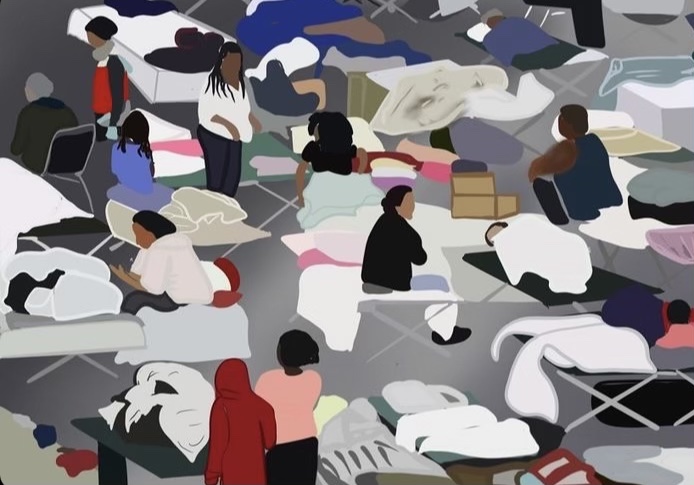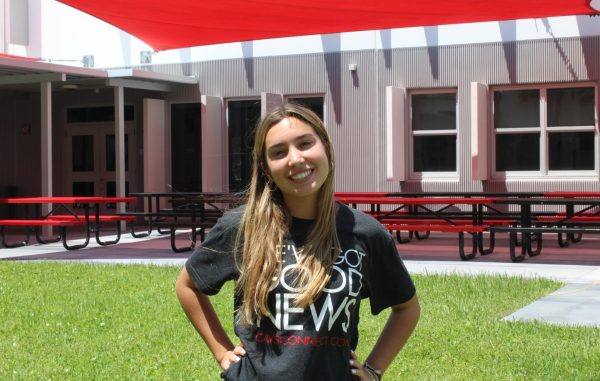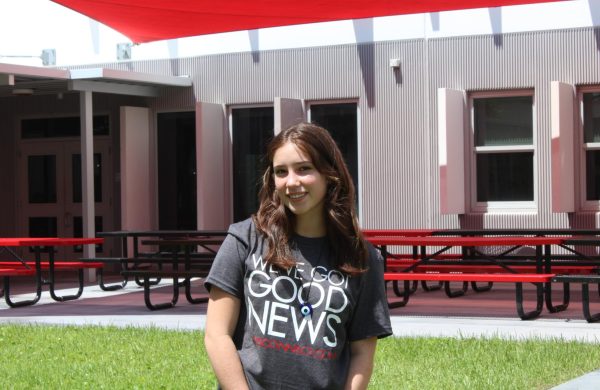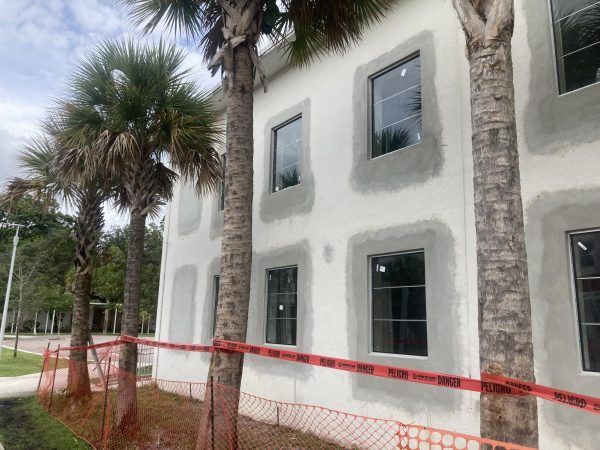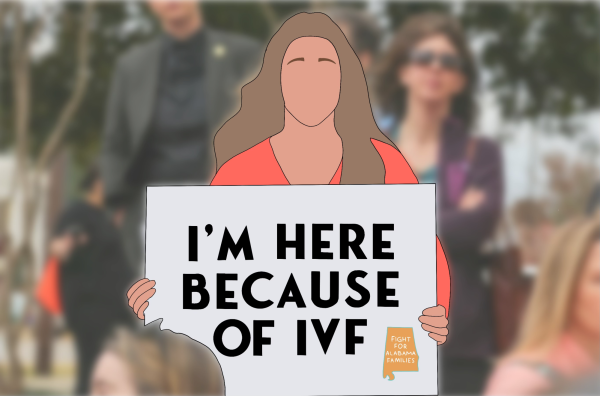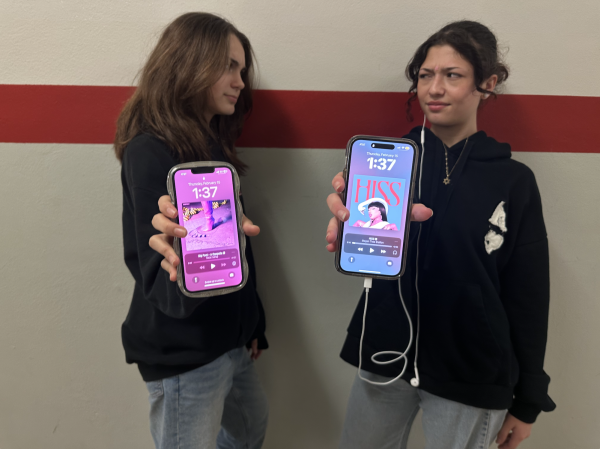Hurricane Season and an Everlasting Pandemic: How Do We Prepare?
Hurricane season is ongoing and causing turmoil nationwide. With Covid-19 still a threat its hard to feel safe even seeking shelter from hurricanes due to the risk of infection and lack of precautionary measures.
Sep 25, 2021
Hurricane season is already an anxious time for those living on the East Coast. With the excess COVID-19 precautions that need to be taken, many find themselves worrying about their safety.
Hurricane Ida recently made its landfall in Louisiana on the 16th anniversary of Hurricane Katrina, leaving the East Coast with damaged homes, no electricity and separated families. Louisiana’s National Guard reported that they have rescued 359 citizens and 55 pets as of Aug. 31.
With many left homeless after the storm, people have been forced to seek refuge in the midst of a pandemic. Whether it be a motel or a shelter, staying in their flooded homes wouldn’t have been a safe option; however, it’s hard to feel safe in a crowded area with COVID-19 pandemic.
Since this pandemic began in March of 2020, the Center for Disease Control has advised everyone to stay inside and avoid seeing others, as close contact is spreading this virus. Now families who have suffered from the effects of the hurricane are left with one option, to stay at these shelters with large numbers of people and risk getting infected.
If the government could provide more money and resources to local shelters, families could be stabilized and reunited, especially during this hurricane season. Additionally, more funds would provide shelters with the needed materials that would be adequate for handling Covid-19 in such a place where many are grouped together. Available masks, COVID tests, vaccines and nurses on deck would relieve that stress and create a safer environment for those staying and working at shelters.
Pediatrician Irwin Redlener, founding director of Columbia University’s National Center for Disaster Preparedness, explained that while these sheltering services are necessary, they could be the reason for the increase in cases, even going as far as to say it is a “superspreader”.
“So many people don’t have proper housing to protect them from hurricanes, especially ones as strong as Ida, and they rely on shelters that can take them in,” sophomore Anabella Rodriguez said.
Furthermore, Louisiana has just recently had its fourth surge in COVID-19 cases, meaning hospitals are already filled to the brim with patients. Intensive care units in Louisiana are about 88% full and about 45% of those beds that are in current use are by COVID-19 patients. Most hospitals affected by Hurricane Ida do not have the capacity to take in such large numbers of people, ultimately overwhelming the staff and hospital.
While we are seeing the effects of hurricane Ida in Louisiana with shelters at full capacity, it is essential that a plan is ready to be implemented in vulnerable places like Florida. Miami Dade-County prepares to separate evacuees in different areas of the facility, starting with those who feel healthy and have vaccines, ending with people who refuse to wear masks and get the vaccine. As well as dividing people, they plan on enforcing masks and creating different schedules for people to eat in order to lessen the spread of COVID.
“If anything, the people who run the facilities should take extra measures for safety, like providing masks, cleaning supplies, and offering vaccinations to those who haven’t gotten them,” sophomore Carolina Castro said.
With hurricane season predicted to be stronger than ever combined with a pandemic, anxiety is a shared feeling amongst those on the East coast. Getting vaccinated, assembling an evacuation plan and researching more about local shelters are all essential in preparing for hurricane season. Hurricane Ida’s detrimental effects on Louisiana, New Jersey and several other states have only proved just how important it is to be prepared for the worst case scenario.


